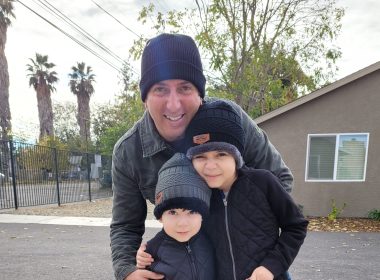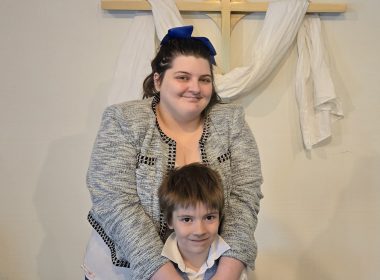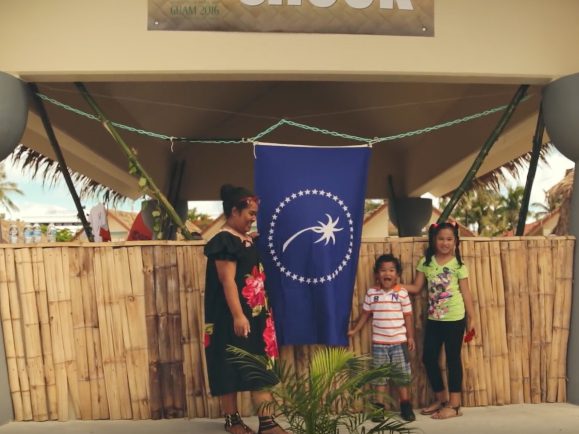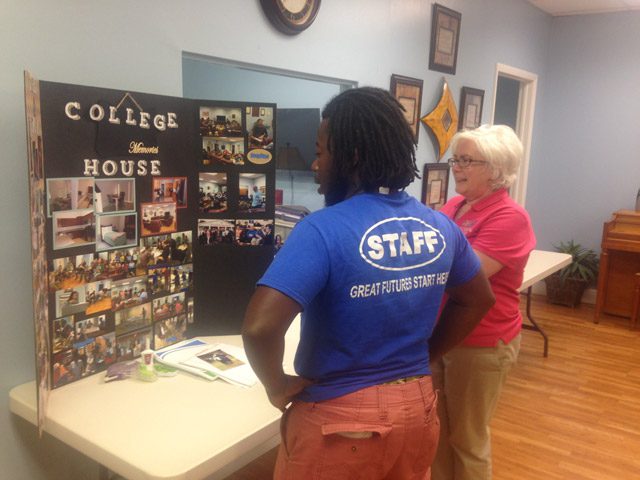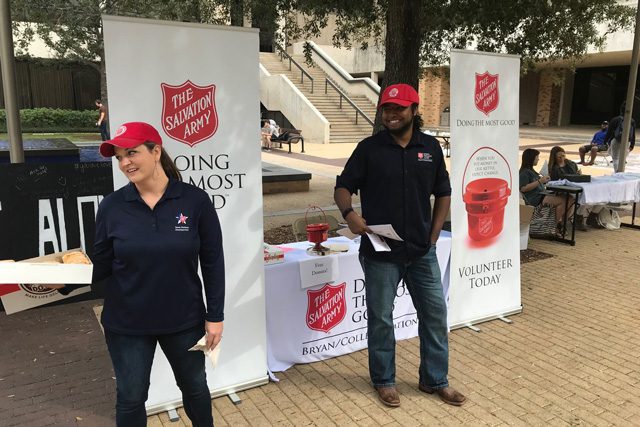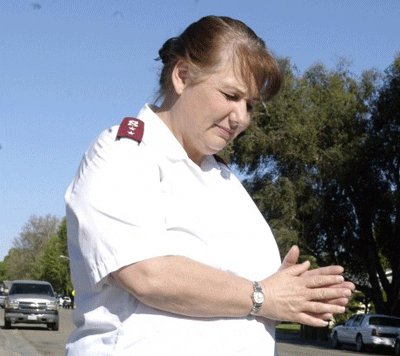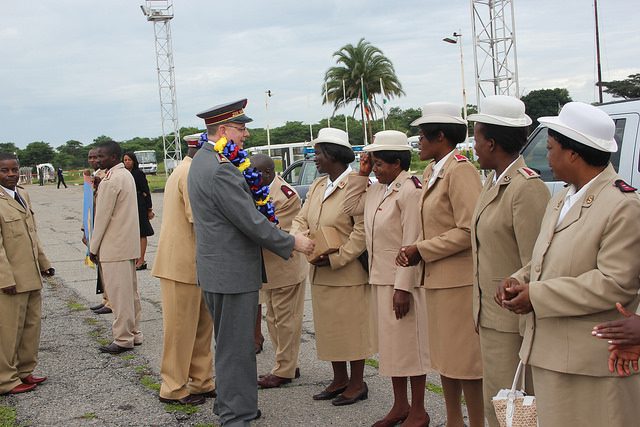A professional mentoring initiative in Buffalo produces tangible results.
 In Buffalo, N.Y., which owns the fourth highest poverty rate in the nation, The Salvation Army has designed an initiative to unite low-income job seekers with skilled mentors to create new possibilities.
In Buffalo, N.Y., which owns the fourth highest poverty rate in the nation, The Salvation Army has designed an initiative to unite low-income job seekers with skilled mentors to create new possibilities.
Called the Success through Opportunity, Education and Leadership project—or SOEL—in just the past two years, it has connected 150 clients with mentors and business professionals who have empowered, supported and coached unemployed welfare recipients into stable jobs and self-sufficiency.
SOEL operates as part of Buffalo’s overall Employment Services program, which began as a response to welfare-to-work and which targets individuals actively seeking work who may or may not have a high school education. All participants, however, must be custodial parents and heads of their households. They must also receive some form of public assistance, such as Supplemental Nutrition Assistance Program benefits or Medicaid. And so far, SOEL’s success has taken even its founders by surprise.
“SOEL began just as a freestanding leadership initiative, but it’s evolved into so much more,” said Christina Schweitzer, director of Employment Services.
Through partnerships with local colleges, community agencies and employers, SOEL collaborates with local professionals to provide five to eight weeks of active mentoring, which includes on-the-job training in areas of customer service, housekeeping, food packaging, landscaping, tourism, culinary, health care and facility management. One-on-one mentoring sessions are scheduled to set goals, receive feedback, measure results and discuss opportunities for networking and employment.
“The 360-approach is very important because without a well-rounded approach we care only addressing a small number of the gaps and barriers that prevent individuals from being successful,” Schweitzer said.
Group activities, teamwork projects, leadership development and speakers keep clients engaged and motivated to meet their goals. The results are tangible, participants say.
“I passed the [computer numerical control] test,” said Nancy, a SOEL participant looking to enter the manufacturing sector.
“I always wanted to work in a high-end departments store, but lacked a resume and interview skills,” said a SOEL mentee named Elizabeth. “Thanks to the coach who worked with me on mock interviews I landed a permanent job with a national store.”
But just as meaningful as specific victories such as these are the soft skills and self-assurance that come with moving through the program, which help instill an ethos of teamwork.
“I’ve never had this before—all this support,” said Jennifer L. “I feel a lot of confidence now.”
Much of that comes down to the high quality and compassionate approach of the mentors, participants say.
“My mentor was so sweet. I love her,” said Mary. “She made me see what I had and could bring.”
In addition to SOEL, Buffalo’s Employment Services also provides low-income individuals with job readiness training, job search services, case management, wraparound around services, and GED/TASC classes. It’s all part of comprehensive philosophy that ensures The Salvation Army meets clients where they are in order to allow them to explore what they could be.
“I felt left out without a high school education,” said Karen S., who will soon start taking evening classes at a local community college. “Receiving my GED has opened up my world.”

